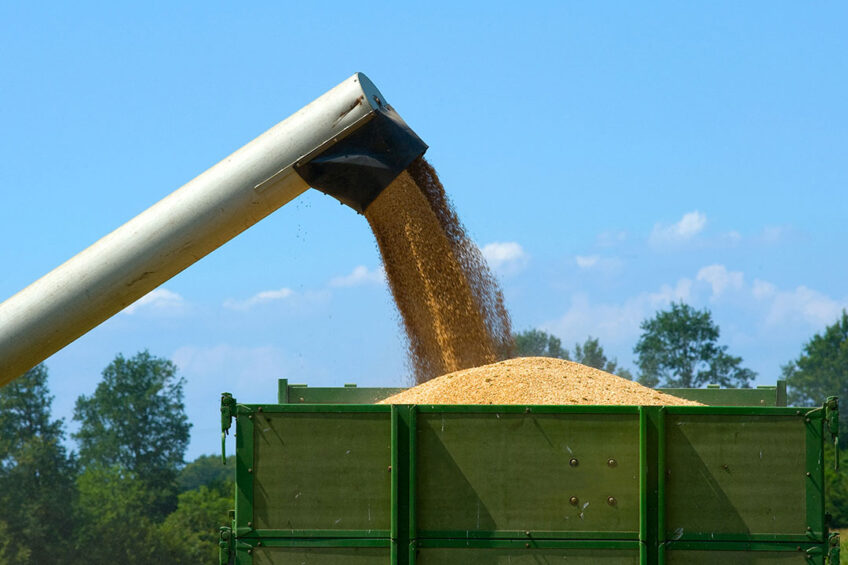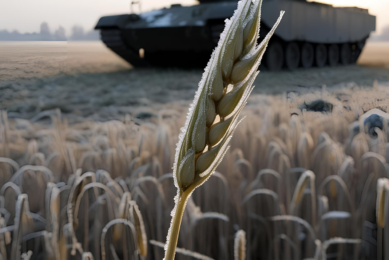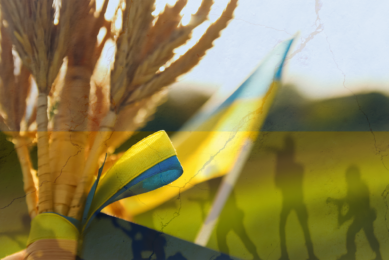Russia: 60-day grain deal extension sparks concerns over the agreement’s future

Russia has agreed to renew a deal allowing the safe export of grain from Ukraine’s Black Sea ports, but only for 60 days. The deal, initially brokered by the United Nations and Turkey in July 2022, was extended once in November for 120 days.
Switching to shorter terms likely indicates a growing dissatisfaction in Moscow over problems with Russian grain and fertiliser exports.
New agreement goes against the terms of the deal
Russia’s position of extending the grain deal for only 60 days is against the terms of the original agreement, Alexander Kubrakov, Ukrainian Infrastructure Minister, said in a Twitter post on March 13.
“The agreement on the Black Sea Grain Initiative provides for an extension of a minimum of 120 days,” Kubrakov said, adding that the Ukrainian government looked forward to a reaction from Turkey and the UN.
Discussions continue
Turkey will continue discussions to extend the deal for 120 days rather than 60 days, Turkish Defence Minister Hulusi Akar said on March 15.
The UN, in turn, said in a statement on March 13 that it will do “everything possible to preserve the integrity of the Black Sea Grain Initiative and ensure its continuity.” Since July, the deal has allowed the exports of 24 million tonnes of grain and over 1,600 secure vessel voyages through the Black Sea, with 55% of food exports going to developing countries, the UN estimated, underpinning the importance of the initiative.
Russia is not happy
The deal has been extended under a condition that all promises given to the Russian side are fulfilled, Alexander Grushko, deputy foreign Minister, told the Russian state press. The process of lifting the restriction on the Russian agricultural trade is underway but is taking place slower than expected. In particular, Russia is counting on unblocking its fertilisers stuck in European seaports, he added.
Russia has repeatedly been complaining that Western sanctions hamper its trade of agricultural commodities and fertilisers. Due to secondary sanctions on shipment, payment and insurance, Russia could not resume its exports, and Russian officials claimed that the grain deal provided only a little help in this field.
“Formally, our wishes were fulfilled when the US and the EU issued their directives that the export of agricultural products is not subject to sanctions. In fact, this was not the case. All that we have in terms of agricultural export is secured by effective work of our exporters who have adapted to the existing conditions,” explained Alexander Korbut, vice president of the Russian Grain Union.











